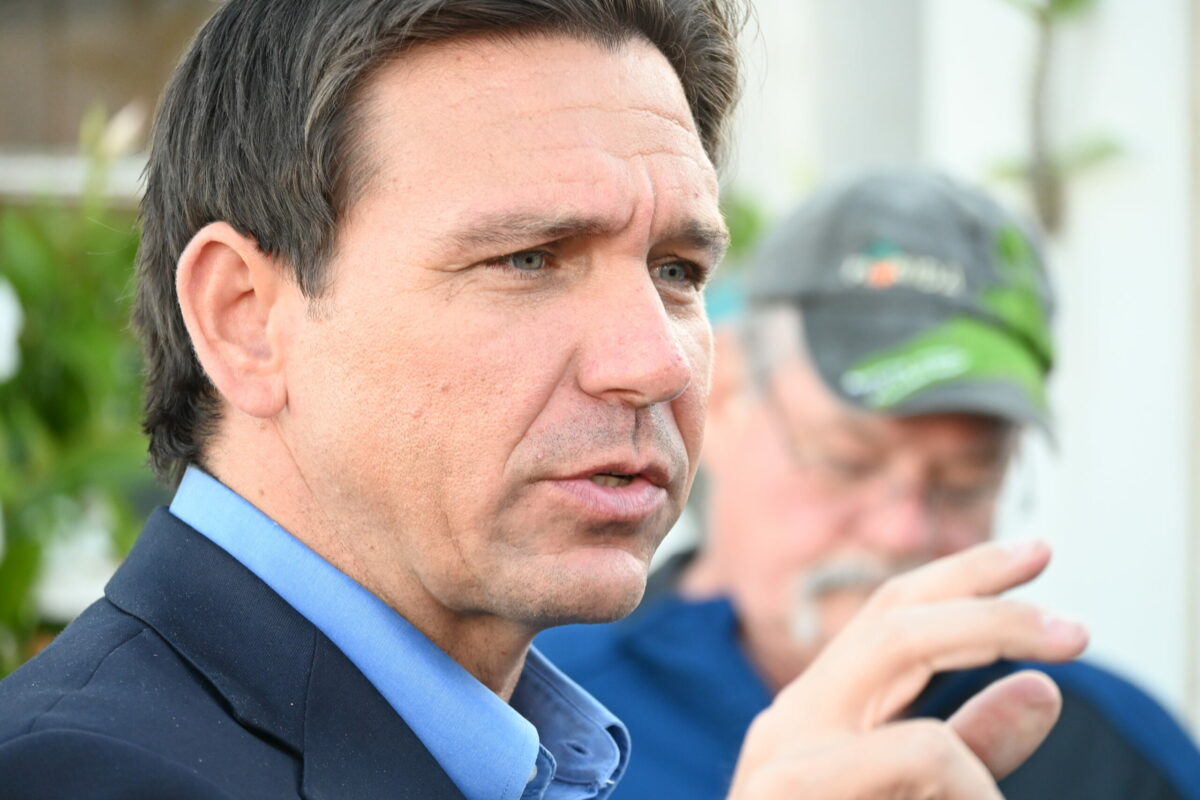By Senator Debbie Mayfield
This session, the Florida Legislature passed the most comprehensive and groundbreaking legislation to protect and restore Florida’s water resources. Just this week, Governor Ron DeSantis received our bill, SB 712, The Clean Waterways Act, for review and signature. It is my hope that he will sign it immediately so we can get to work and protect Florida’s water.
I sponsored the Clean Waterways Act, and I worked closely with Representatives Bobby Payne and Blaise Ingolgia on the House side to draft this legislation. It implements the recommendations of the Blue Green Algae Task Force.
One of the first actions taken by the Governor after he was elected was to bring together scientists and experts in water to determine how we can better protect Florida’s water resources and prevent future outbreaks of toxic blue-green algae.
Toxic blue-green algae blooms found in lakes, rivers, streams and coastlines during the summer of 2018 wreaked havoc on our state. The toxins produced by the harmful algal blooms are poisonous and killed many animals, plants and marine life. The toxins also posed risks to human health. The images of the blue-green algae were shown widely throughout the United States and around the world, keeping tourists at bay and destroying Florida’s local economies. It was clear something must be done.
The Blue-Green Algae Task Force outlined a comprehensive approach to protecting Florida’s water resources and preventing or mitigating future outbreaks of the toxic blue-green algae. Their series of recommendations, now a part of the Clean Waterways Act, address phosphorus and nitrogen coming from wastewater treatment systems, stormwater systems, septic tanks and agriculture.
More specifically, the Clean Waterways Act strengthens oversight and regulation for onsite sewage systems and requires wastewater treatment plants to be considered in regional Basin Management Action Plans. It also increases fines for spills and violations, like the 200 million gallons of sewage spilled into the streets and waterways around Ft. Lauderdale earlier this year. This pollution is completely unacceptable, and parties responsible must be held accountable.
In addition, the Clean Waterways Act strengthens Florida’s Agricultural Best Management Practices (BMPs), or the actions farmers, ranchers and growers take to protect the environment. The legislation requires the Florida Department of Agriculture and Consumer Services to conduct on-site inspections of farms and ranches every two years, at minimum, to ensure that BMPs are implemented properly. It also requires inspectors to collect records on application of phosphorus and nitrogen to share with the Florida Department of Environmental Protection. This data will help us measure our progress and identify opportunities for improvement. Importantly, the legislation directs the University of Florida to conduct research to find new technologies and innovative practices that can be implemented across agricultural operations now and in the future.
The legislation was debated at multiple committee hearings on both the House and Senate sides of the Legislature. Advocates for the environment, local governments and agriculture had the opportunity to contribute to the legislative process and express their support or concerns. In the end, the legislation earned the support of The Nature Conservancy, Audubon Florida, American Water Security Project and Marine Resources Council, among many others. The bill passed the House and Senate with unanimous support.
This legislation is based on sound science, and I am confident it will lead to cleaner, healthier waterways throughout the Sunshine State. It is a major step forward in protecting Florida’s water resources. I urge Gov. DeSantis to sign this legislation so we can begin to implement the programs, research and requirements outlined in the Clean Waterways Act.
Debbie Mayfield represents District 17 in the Florida Senate.
represents District 17 in the Florida Senate.
Mayfield.Debbie.Web@flsenate.gov









